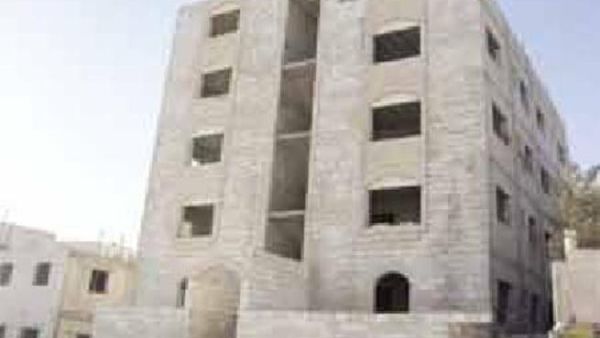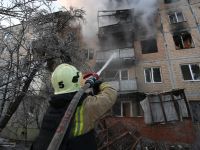Home builders expect a surge in demand by Jordanian expatriates to increase their sales this summer.
Jordan Housing Developers Association (JHDA) President Kamal Awamleh expected trading volumes in the Kingdom’s real estate sector to exceed JD6 billion this year, noting that figures for the first four months give positive indicators for the performance of the sector.
According to a report released this week by the Department of Land and Survey, trading in the property market during the January-April period reached over JD2 billion, marking a 40 per cent increase compared with the same period last year when trading was JD1.4 billion.
“The figures are very encouraging,” Awamleh told The Jordan Times in a phone interview, saying that if incentives for homebuyers were still effective, property trading would even jump to more than JD7 billion.
Awamleh called on the government to reinstate the incentives, which include exemptions on taxes and registration fees, to further boost the demand on residential apartments.
The government froze exemptions to buyers early 2012.
Currently, buyers of apartments smaller than 150 square metres (sq.m.) do not pay registration fees for the first 120sq.m, while in 2010 and 2011 authorities exempted the first 150sq.m. of apartments sized 300sq.m. or less from registration fees and slashed registration fees and taxes on properties from 10 per cent to 5 per cent.
Prices up
Awamleh indicated that prices of residential apartments have seen a rise between 10 per cent and 15 per cent over the past year due to several factors, which mainly include rising fuel costs, freezing incentives and more importantly, the increase in land prices.
The JHDA chief attributed the increase in land prices, particularly in western Amman, to the intense competition among developers for increasingly limited plots of land suitable for residential projects, which he said had led to landowners demanding higher prices.
He noted that land prices in Amman have jumped by over 25 per cent. Awamleh said that land value used to represent a maximum of 20 per cent of the overall cost of housing projects some three years ago, while it is currently between 50 per cent to 70 per cent.
To bring down housing property prices, he called on regulators to expand infrastructure services, such as roads, water and sewage networks, into the city’s outskirts.
If authorities provide infrastructure to empty lands around Amman, developers could construct housing schemes that would accommodate 3 million people.
He also suggested another proposal for regulatory authorities to allow developers to construct seven- to 10-storey apartment buildings to cut the cost of land. Currently, residential buildings in Amman cannot be higher than five storeys.
By Omar Obeidat








